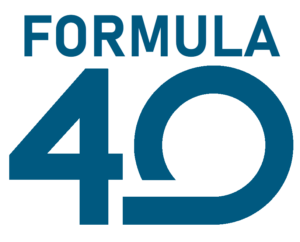Formula 40 Training Package
With our Formula 40 training package, you can buy 40 hours of training and complete them any way you want to for one low price. You have the flexibility to choose which courses to take as livestream/classroom or online training.
Our Formula 40 training package gives you access to all of our administrator continuing education training. We offer topics ranging from regulations (renewal requirement), dementia (RCFE renewal requirement), infection control, medications, physical and mental health, to employee management and training, and time management.


